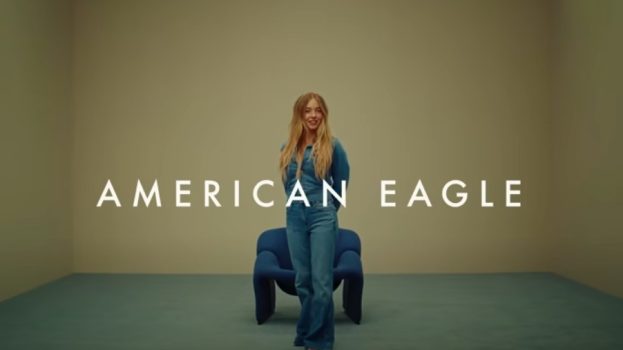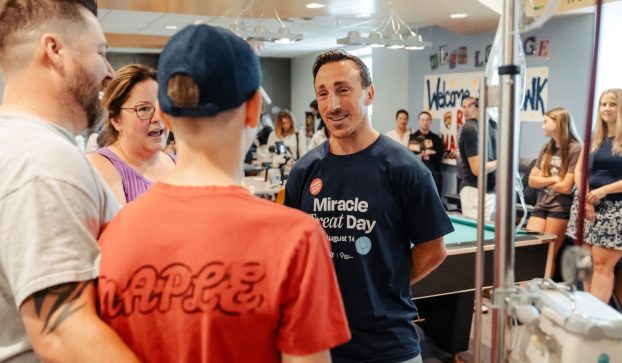Your money, ‘it’s worth a talk.’ That’s the message CIBC is sending consumers, using finance-related questions to steer them to a nearby branch for answers and advice.
Using singularly Canadian actors as spokespeople in its TV spots – Yannick Bisson in English Canada and Patrick Labbé in French Canada – the campaign, by Toronto-based Publicis, also includes print executions, a website and in-branch ads, which raise questions that could be top-of-mind for many Canadians. Questions like: ‘how can I pay less tax?’ and ‘is there an easier way to understand my financial picture?’
‘The overall strategy was to continue to offer resources and a base for a relationship between a CIBC advisor and their clients,’ explains Duncan Bruce, SVP and ECD at Toronto-based Publicis. ‘The belief was, as that relationship grows and as we want to continue to spark new relationships, we need to talk about the things they can do to help take control of their finances.’
Such conversations are likely to be of interest given current economic instability. ‘What we felt as we developed [the campaign] together with CIBC was they have a number of products coming out that consumers have no idea about, that would answer a number of the questions they may have about their finances and be applicable to what they need,’ says Bruce.
We asked Christina Yu, VP/CD at Toronto-based Lowe Roche and Andrew Shortt, partner at Toronto-based Huxley Quayle von Bismark to give us their two cents.
OVERALL STRATEGY
Yu: Trying to tap into the need for advice, especially in these economic times, is a smart move; many people are scratching their heads about their money. So, saying ‘It’s worth a talk’ – with an advisor – makes sense. But BMO says ‘making money make sense,’ which comes from a similar strategic place, so to work, the campaign has to differentiate CIBC in execution.
Shortt: I think there may be some merit in the core ‘worth a talk’ idea. The problem with this campaign is that not much of what they talk about is worth coming in to a new bank to have that talk. At a time like this there’s so much a bank could do to help me feel better, cut expenses or provide my family with a bit of security during worldwide uncertainty.
TV & PRINT
Yu: Overall, the issue here is that the TV ads don’t deliver to brief. They do a good job of putting into a real context the kinds of questions about finances that we all might be asking ourselves. But, the punchline to the problem/solution format is an undifferentiated product which I can get at all the big five banks and the self-serve options like ING Direct, too. They’re well executed, they’re well acted, but the ads don’t impress on me that the advice I get at CIBC will be any better than at BMO.
The print has the same issue as the TV: it gives me the answer to ‘the talk’ in the copy, with no need to get any more information from an advisor.
I like the new spokesperson Yannick Bisson. He’s an approachable and familiar guy. One could say he’s the new Tom Cavanagh. Maybe Yannick will get a television show called ‘Ed Jr.’
ONLINE
Yu: The website is clean and well-laid out, and the way they humanize the questions customers might ask is engaging. But I don’t get the valued advice message from the site. They could have better run with their concept if they had spun the lens around, writing it from the advisor’s point of view.
Shortt: They had an opportunity to give me really important, interesting content about how I can get through the next year or two. What they did was let me pick the right bank account. Yawn.
IN-BRANCH
Shortt: They’re trying to spark me with questions I might have in my head. But as Joe Canadian, what’s in my head is whether or not I’ll have my job in January, or if I’ll ever recover from the hit my RRSPs took over the last few months. How about helping deal with what’s really on my mind? Now, that’d be worth a talk.























